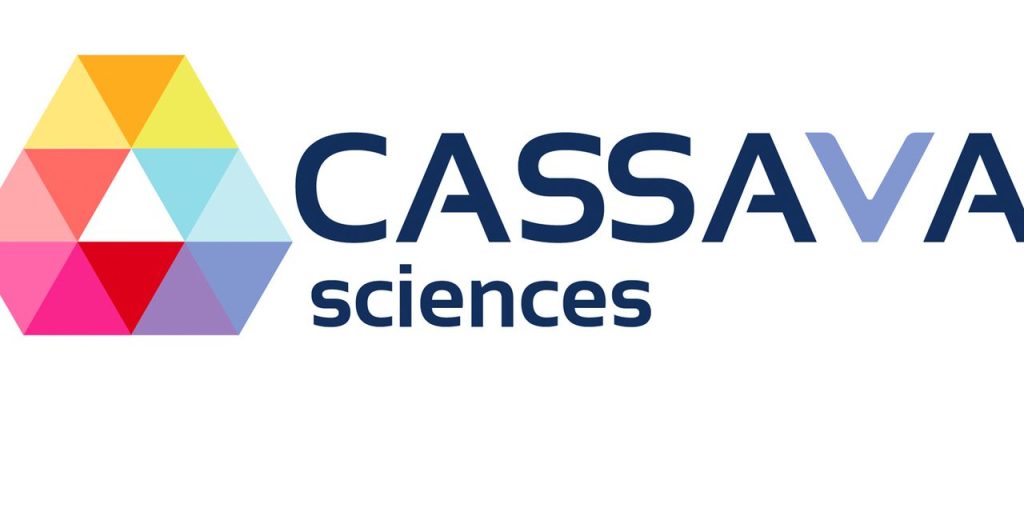Shares of biotech outfit Cassava Sciences Inc. fell after the publication Science reported Thursday that an investigation accused a neuroscientist who often collaborated with the company of “long-standing and egregious misconduct” in data management and record-keeping, which raised serious questions about his research.
In response, the company questioned the story and what the story said were the investigation’s findings. Cassava Sciences
SAVA,
-15.28%
stock was down 12% on Friday.
Science reported that an investigation by the City University of New York accused Hoau-Yan Wang — a neuroscientist who is a faculty member there — of “scientific misconduct” across 20 research papers. The publication said that many of those papers “provided key support” for simufilam, an experimental Alzheimer’s drug that Cassava has been working on.
Science said the investigation also found that Lindsay Burns, a senior vice president for neuroscience at Cassava and a co-author on some of the research, “bears primary or partial responsibility for some of the possible misconduct or scientific errors.”
The investigation was launched following allegations that Wang “falsified” blot data used in the research in question, according to a report summarizing the inquiry that Science said it obtained from an anonymous source. The report said Wang disputed the allegations. But the report said it couldn’t objectively evaluate the allegations due to what it said was Wang’s failure to provide original data.
Cassava Sciences, in a statement dated Friday, said the alleged “misconduct” was related only to record-keeping issues at the university, and said the report “makes no findings of data manipulation.” The company tried to link the matter to a short-selling campaign that began two years ago and said CUNY turned down requests for information and “offers of assistance” from Cassava.
Cassava also said in a statement that CUNY “has not responded to an inquiry Cassava Sciences made yesterday regarding the authenticity of the leaked report.”
The university and Wang did not respond to requests for comment from MarketWatch. But an official within the university system told Science that “action on the report is imminent.” Jennifer Beidel Scramlin, Wang’s attorney, told Science that neither she or Wang could comment until they spoke with CUNY.
Cassava’s research on combating Alzheimer’s has faced criticism and questions in the past from short sellers and a law firm, along with deeper regulatory scrutiny. The Austin, Texas-based company, a onetime meme stock, has defended its research in response, and last year sued short sellers who accused it of data manipulation, alleging they spread a “false and defamatory message about Cassava” in an effort to enrich themselves. One defendant called the lawsuit “frivolous.”
The CUNY report linked to in the Science story was labeled “Final,” Science said. It was based on an investigation by a faculty committee and included interviews with Wang, a member of his lab, administrators and a senior editor who represented the ethics team for the Public Library of Sciences journal series, the report said. The committee also examined research data, Wang’s responses to the allegations and an analysis of blot images used in the research.
Science said the investigation began in 2021 but didn’t conclude until this May, following what the report said were months of delays from the university in handing over some data.
However, the CUNY report said the investigation was unable to gauge the merit of the allegations, “due to the failure of Dr. Wang to provide underlying, original data or research records and the low quality of the published images that had to be examined in their place.” The report said that it “appears likely” that no primary data or research notebooks related to the accusations exist, making it impossible to analyze figures from certain experiments.
“Dr. Wang has therefore failed to provide the data and research records necessary for the committee to directly address the concerns surrounding the published work … identified in the allegations,” the report said. “Thus, the integrity of Dr. Wang’s work remains highly questionable.”
Wang, in response to the investigation, accused investigators of being prejudiced against him, the report said, and said they ran afoul of university guidelines during the inquiry and lacked “a basic understanding of western blot analysis.”
The investigators recommended that research publications included in its allegations demand verifiable original data to corroborate the report’s allegations.
Cassava, in its statement, said it did not rely solely on research at CUNY. And it said its research would continue.
“We intend to continue to translate our passion for science into a novel drug for people living with Alzheimer’s disease,” Chief Executive Remi Barbier said in the statement. “Our Phase 3 clinical program continues.”
Shares of Cassava are down 44.6% so far this year.
Read the full article here
